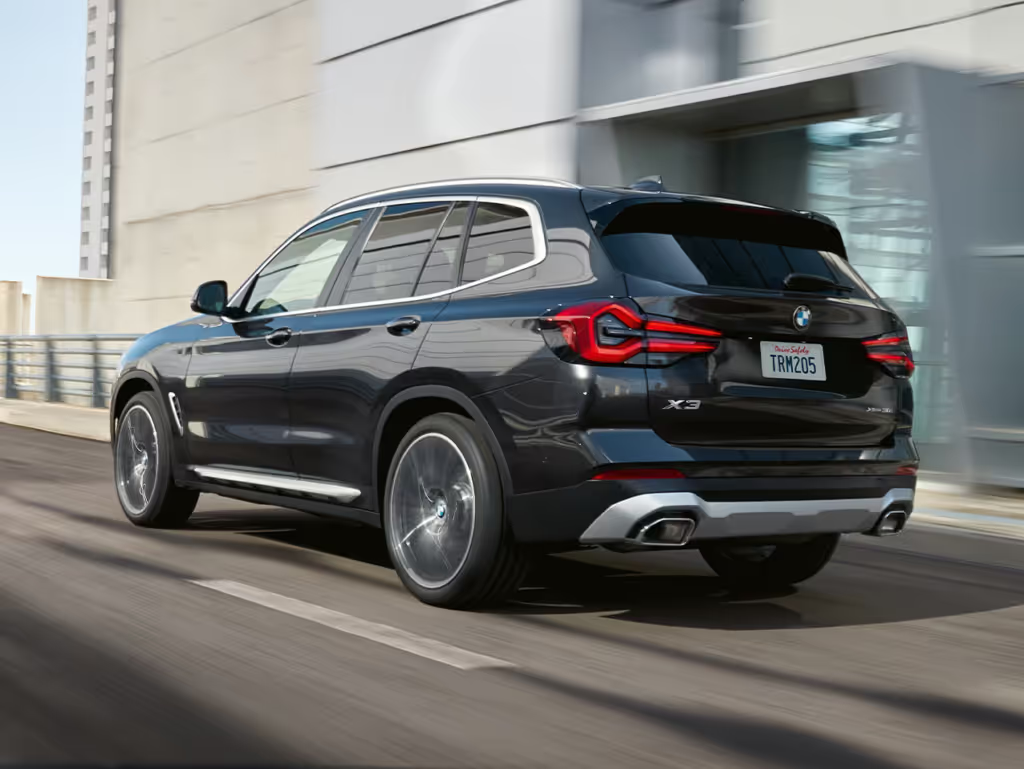4 Tips for Beating Traffic in Cary, NC
Auto Shops Located in: Chapel Hill, Durham, Taleigh, Apex, and Cary North Carolina

Getting stuck in traffic during your morning commute or on the way home after a long day of work can be a nightmare. If you live in or around Cary, NC, you’ve probably sat in traffic on I-40, wondering when you’ll finally get to your destination. The growth in the Triangle over the last few years has led to an increase in traffic that can be hard to avoid for even the most seasoned NC drivers.
Fortunately, you can often reduce the amount of time you’re spending on the road by following a few tips for traffic in Cary, NC. In this article, we’ll go over four tips on how to beat traffic in Cary and the surrounding Triangle area so you can plan your routes and not get stuck behind a semi on 95 for an extra 30 minutes!
1. Rush Hour Starts Earlier in Cary, NC
During the school year in Cary, rush hour tends to start earlier in the afternoon due to the number of drivers and K-12 schools in the Triangle area. Since many schools will let out around two or three in the afternoon, rush hour on local roads can start around these times as parents pick up their children from school.
Smaller, local roads like High House Road and Harrison Avenue tend to become fairly congested after school lets out (and will only get worse until the early evening), so if you can avoid these roads in the mid-to-late afternoon, you’ll likely avoid traffic. In the morning, you can expect highways and local roads to start filling up and growing more congested around 8:00 a.m.
Keep in mind that while highways like I-95, I-40, and I-64 are great when they’re not busy, they can be a nightmare during rush hour for Triangle drivers. Besides slowing you down, these highways can also be dangerous, with I-95 listed as the most deadly highway in America in 2022, with 379 fatalities in 2020. Typically, these highways are worse between 8 a.m. to 10 a.m. or 4 p.m. to 6 p.m., and if you can make it to work or school without taking them during these times, you can avoid a great deal of traffic.
2. Avoid Cary’s Most Accident-Prone Intersections
Roads and Highways with a higher accident rate will lead to more frequent traffic jams. The intersection of High House Road and NC-55 is one particular area that can be more dangerous, as traffic gets pretty congested there during rush hour.
Busy intersections like High House and Cary Parkway as well as Davis Drive and Morrisville Parkway are also spots that tend to have more fender bender incidents during high-volume hours.
While you usually can’t avoid areas that are more accident-prone altogether, it’s important to be aware of your surroundings and drive carefully to avoid any type of collision or accident. If you can avoid the intersections listed above, you’ll likely be safer and able to make it to your destination faster.
3. Use Waze (or Similar Apps) to Avoid Traffic
While you can avoid dangerous intersections and main highways during rush hour, accidents and roadwork happen all the time, which can delay even less well-trafficked routes. Even if you know your route to the office by heart, it can save you time to download an app like Waze to check for accidents, road work, speed traps, and other road conditions that could end up delaying your drive.
With an app like Waze, you can find the fastest route in Cary, as the app should take accidents and speed traps into consideration. If you’re frequently getting stuck in traffic, Waze will show you alternative routes, and it can save you a great deal of time if you give them a shot. These apps can also provide info on red light cameras in Cary, NC, which can save you a ticket and ensure you don’t try to beat a yellow light.
Besides Waze, you can also check out live feeds of Cary, NC, traffic cameras. Some sites show live feeds, and you can view them for a minute before you hit the road to see if there are any accidents or traffic that could impact your drive. You can also see what traffic looks like if you go to DriveNC.gov or tune in to Cary 11.
4. Take a Short Detour Around Cary Station to Avoid Trains
One of the best tips for avoiding traffic is to make sure you don’t get stuck waiting for a train to pass. While you probably won’t regularly have to stop for trains in Cary, you might if you’re driving past Cary Station. This train station is located in downtown Cary, and trains can sometimes block the roads surrounding it while they wait for passengers.
Right beside the train station is North Harrison Avenue, with Cary Station (and its railroad tracks!) between Chapel Hill Road and Chatham St. If you decide to go through the intersections of Harrison Avenue/Chapel Hill Road or Harrison Avenue/Chatham Street, you could get stuck waiting for a train to pass.
If you’re driving from the west side of Cary on Chapel Hill Road, keep driving past the train station until you reach a fork that allows you to get on East Durham Road. You can take East Durham Road past the rails and then take East Chatham St to get to the south side of the station without worrying about a train slowing you down.
If you need to get to the North side of the station and are traveling from the east side of Cary on West Chatham Street, you’ll reach a traffic circle that allows you to get off on West Durham Road. Instead of continuing down West Chatham Street, take the West Durham Road exit in the roundabout to get to the north side of Cary without having to stop for a passing train. You can also check the Amtrack schedule of Cary Station to see when trains may be blocking traffic.
Stay Safe and On Time with Chapel Hill Tire
If you live in Durham, Chapel Hill, Raleigh, or the surrounding Triangle area and need work done on your vehicle, Chapel Hill Tire can help you out. One of our qualified mechanics would be happy to examine your car and suggest any repairs it needs to get back into top shape. We also have a great set of coupons for any maintenance requirements you might have!
We can also recommend and help install dashcams for those who frequently drive in heavily congested areas. When these devices are installed in your vehicle, you’ll have a way to provide documentation should anything happen while you’re on the road.
Learn more about our vehicle inspection and repair services today. When you’re ready to bring your car in, please make an appointment at one of our convenient locations in the Triangle Area.















